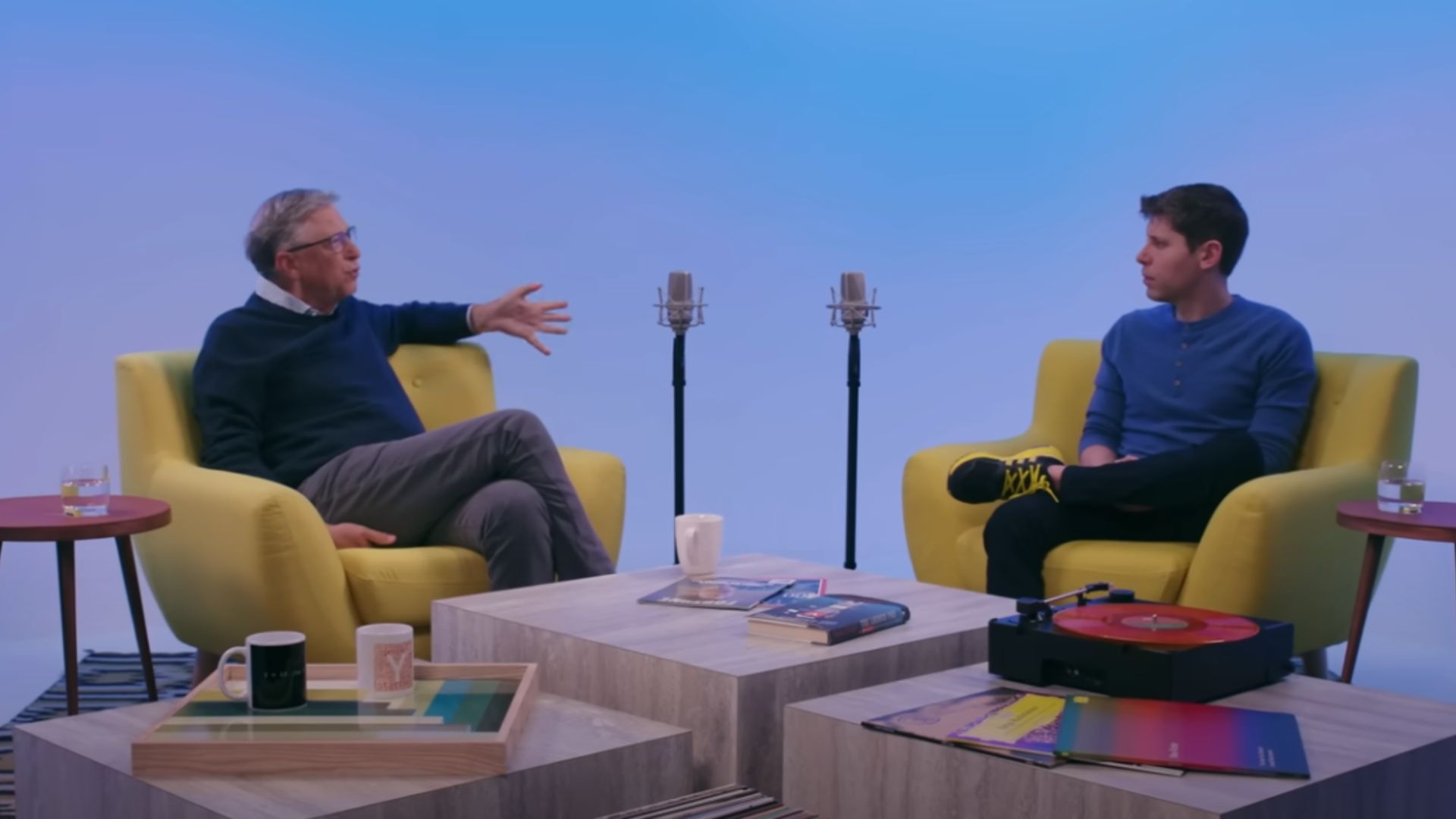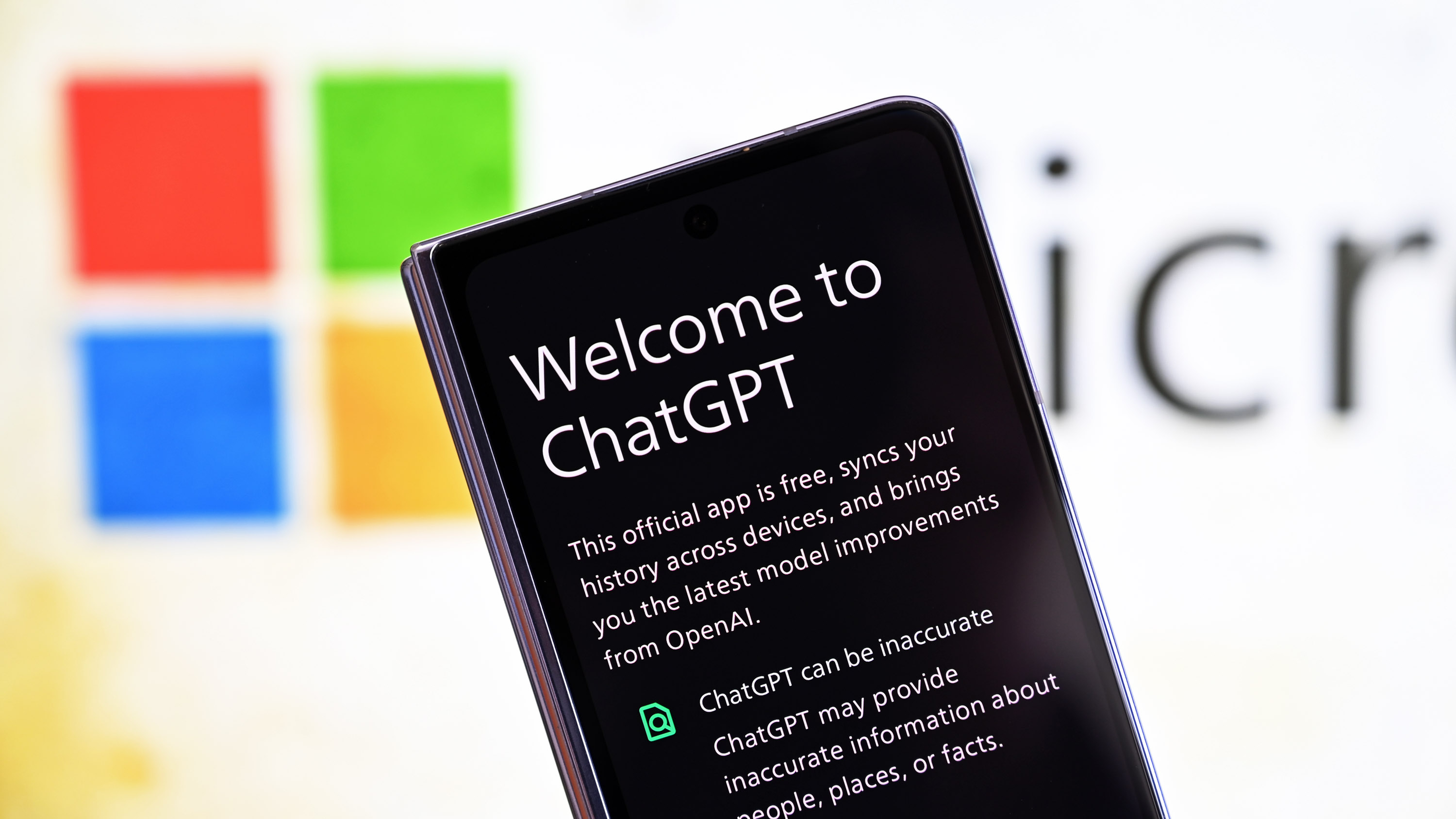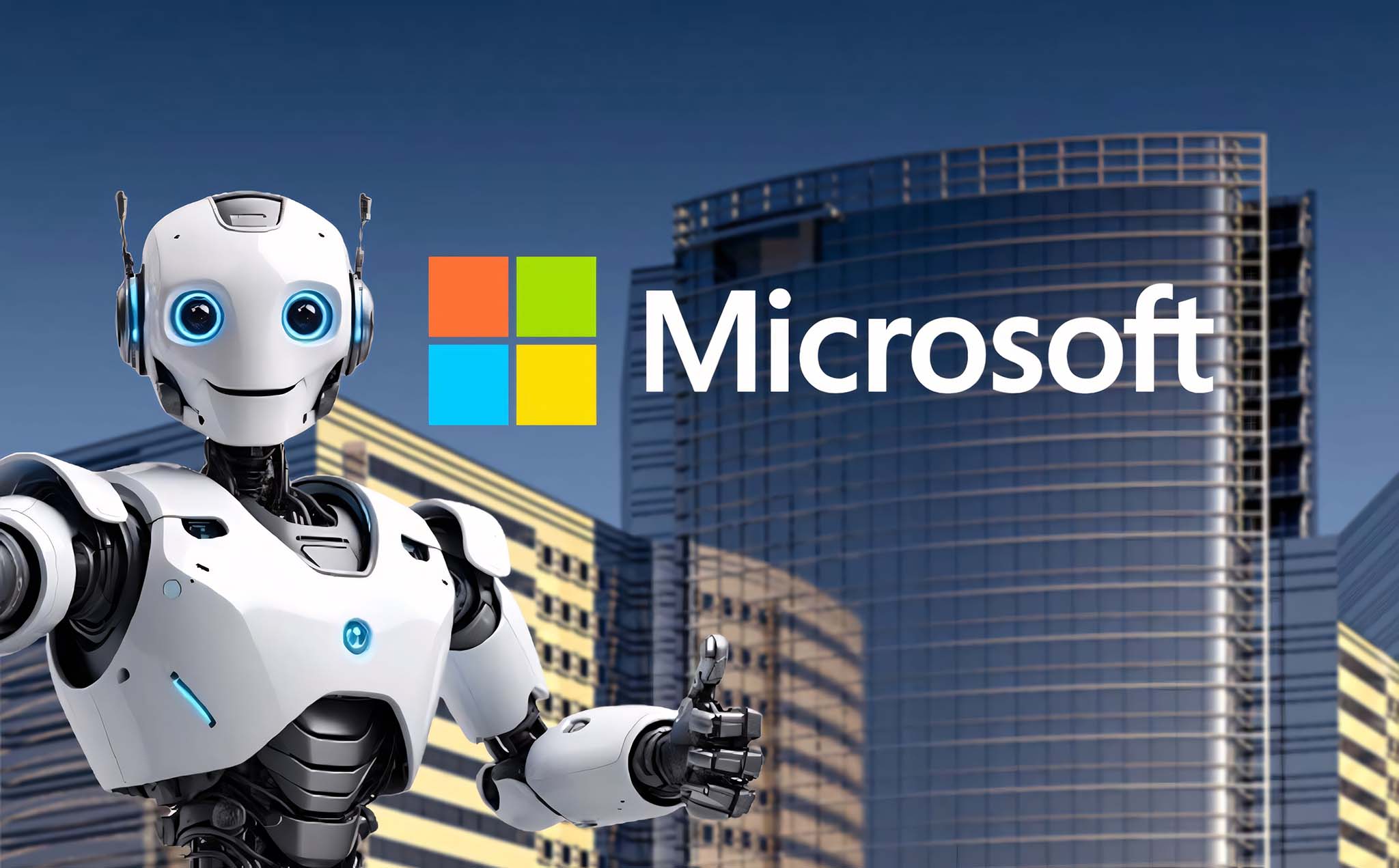
What you need to know
- Sam Altman and Microsoft's Bill Gates recently touched base and talked about everything about AI, from OpenAI's future to achieving superintelligence.
- In the broad interview, Altman mentioned that the team behind ChatGPT is working toward incorporating video capabilities into the platform for the future.
- The company is also working on making GPT-5 better than GPT-4 and promises more accuracy, better responses and reasoning, and more.
With Sam Altman back at the helm of OpenAI, more changes, improvements, and updates are on the way for the company's AI-powered chatbot, ChatGPT. Altman recently touched base with Microsoft's Bill Gates over at his Unconfuse Me podcast and talked all things OpenAI, including the development of GPT-5, superintelligence, the company's future, and more.
The 33-minute-long interview kicks off with Bill Gates highlighting his surprise at how much ChatGPT has grown and gained popularity over the years, further citing that the chatbot has gotten significantly better with every refinement made by the company in terms of features and updates.
Gates also indicates that people are just beginning to familiarize themselves with generative AI, and are discovering how much can be achieved through the technology.
Altman admitted that the team behind the popular chatbot is yet to explore its full potential, as they too are trying to figure out what works and what doesn't. In the same breath, he highlighted that the team has made significant headway in some areas, which can be attributed to the success and breakthroughs made since ChatGPT's inception.
A future version of ChatGPT will ship with video capabilities

Sam Altman shares with Gates that image generation and analysis coupled with the voice mode feature are major hits for ChatGPT users. He added that users have continuously requested video capabilities on the platform, and it's something that the team is currently looking at. This will likely be huge for ChatGPT, owing to the positive reception of image and audio capabilities received when shipping the AI-powered app.
However, the CEO indicated that the main area of focus for the team at the moment is reasoning capabilities. Altman pointed out that OpenAI's GPT-4 model can only reason in "extremely limited ways." He also pointed out that the company is working toward boosting the chatbot's reliability, to ensure that it provides accurate responses when providing answers to queries. There's been an increase in the number of reports citing that the chatbot has seemingly gotten dumber, which has negatively impacted its user base.
GPT-5 promises better accuracy and multimodality
OpenAI has been able to achieve incredible feats with its GPT-4 model, but it has also encountered setbacks in equal measure. Altman further shared the following sentiments:
"Right now, GPT-4 can reason in only extremely limited ways. Also, reliability. If you ask GPT-4 most questions 10,000 times, one of those 10,000 is probably pretty good, but it doesn’t always know which one, and you’d like to get the best response of 10,000 each time, and so that increase in reliability will be important. Customizability and personalization will also be very important. People want very different things out of GPT-4: different styles, different sets of assumptions. We’ll make all that possible, and then also the ability to have it use your own data. The ability to know about you, your email, your calendar, how you like appointments booked, connected to other outside data sources, all of that. Those will be some of the most important areas of improvement."
While Altman didn't disclose a lot of details in regard to OpenAI's upcoming GPT-5 model, it's apparent that the company is working toward building further upon the model and improving its capabilities. As earlier mentioned, there's a likelihood that ChatGPT will ship with video capabilities coupled with enhanced image analysis capabilities.
FUN FACT: Sam Altman claims he uses Slack more than OpenAI's ChatGPT, due to the intense coordination required to run the company, which has approximately 500 employees.
The CEO also indicated that future versions of OpenAI's GPT model could potentially be able to access the user's data via email, calendar, and booked appointments. The goal behind this is to provide a more personalized experience. But as it is, users are already reluctant to leverage AI capabilities because of the unstable nature of the technology and lack of guardrails to control its use.
US government's impending regulatory cap on AI

Generative AI could potentially lead to amazing discoveries that will allow people to tap into unexplored opportunities. However, all these come at a rather expensive cost. We already know OpenAI parts with up to 700,000 dollars per day to keep ChatGPT running, this is on top of the exorbitant water consumption by the technology, which consumes one water bottle per query for cooling.
There are also great concerns revolving around AI safety and privacy among users, though Biden's administration issued an Executive Order addressing some of these issues. The US government imposed export rules to prevent chipmakers like NVIDIA from shipping GPUs to China over military concerns, further citing that the move is in place to establish control over the technology, not to rundown China's economy.
The US government might tighten its grip and impose more rules to establish further control over the use of the technology amid its long-standing battle with China over supremacy in the tech landscape. Microsoft is already debating what to do with its Beijing-based AI research lab, as the rivalry continues to brew more trouble for both parties.
Sam Altman's long-term dream is to achieve superintelligence
While OpenAI continues to make modifications and improvements to ChatGPT, Sam Altman hopes and dreams that he'll be able to achieve superintelligence. Superintelligence is essentially an AI system that surpasses the cognitive abilities of humans and is far more advanced in comparison to Microsoft Copilot and ChatGPT.
RELATED: Microsoft launches paid subscription for Copilot
OpenAI might already be well on its way to achieving this incredible feat after the company's staffers penned down a letter to the board of directors highlighting a potential breakthrough in the space. The breakthrough could see the company achieve superintelligence within a decade or less if exploited well.
However, it's important to have elaborate measures and guardrails in place to ensure that the technology doesn't spiral out of control or fall into the wrong hands.







